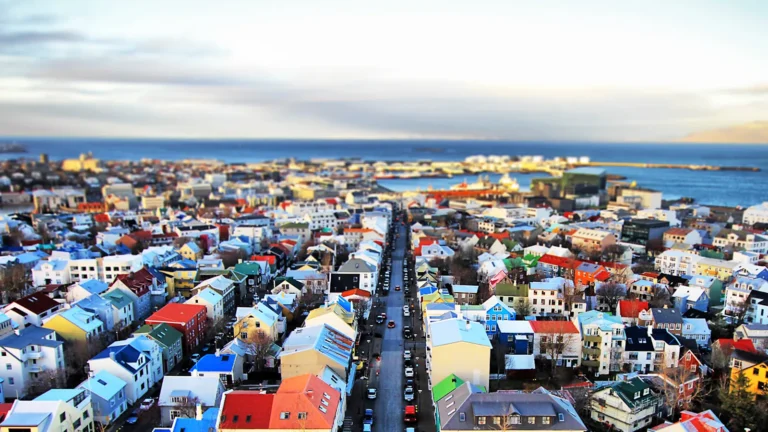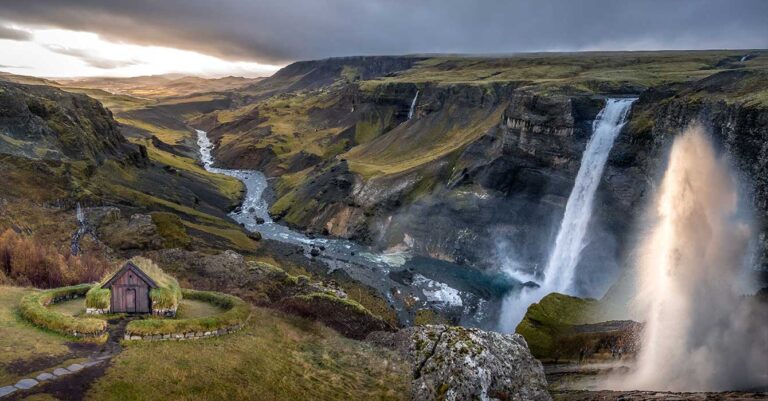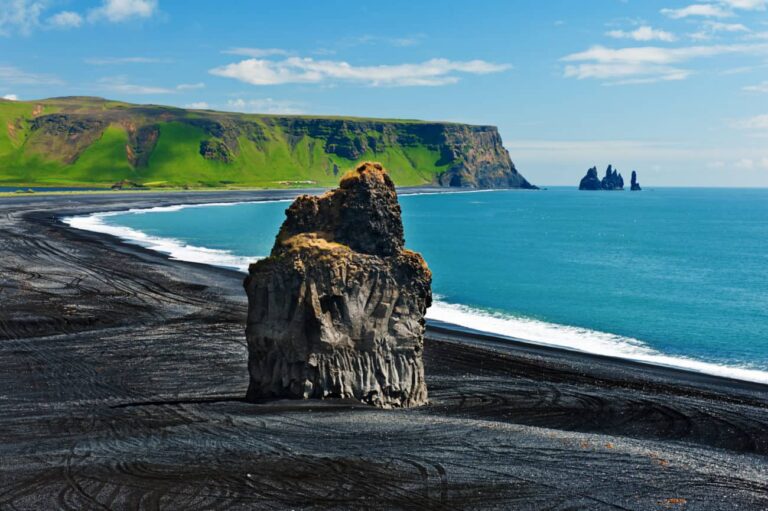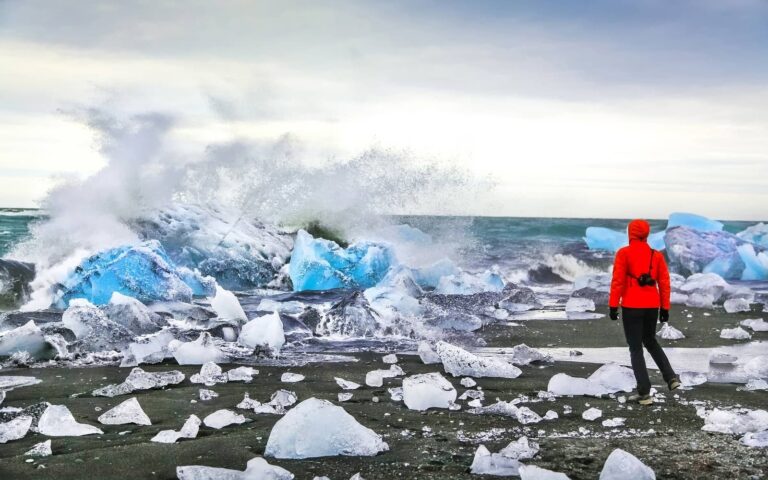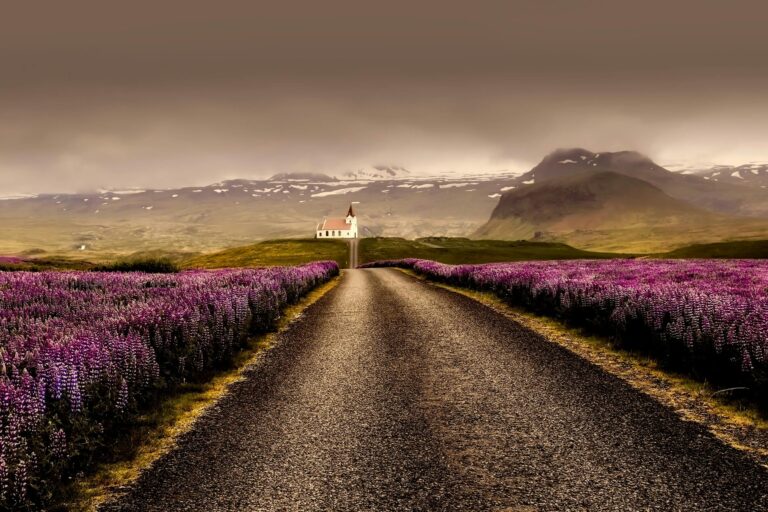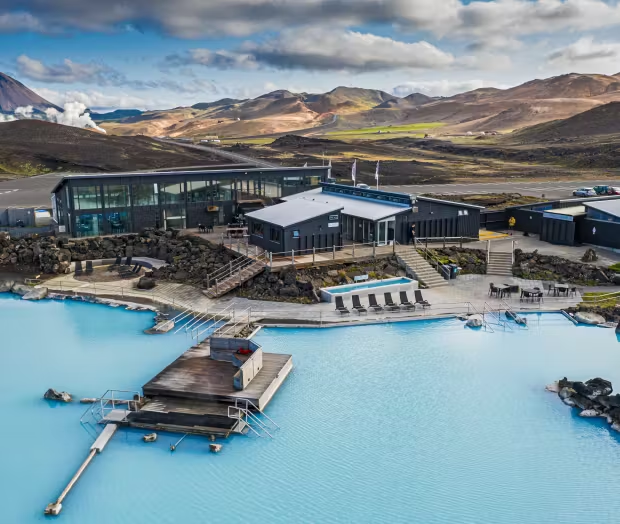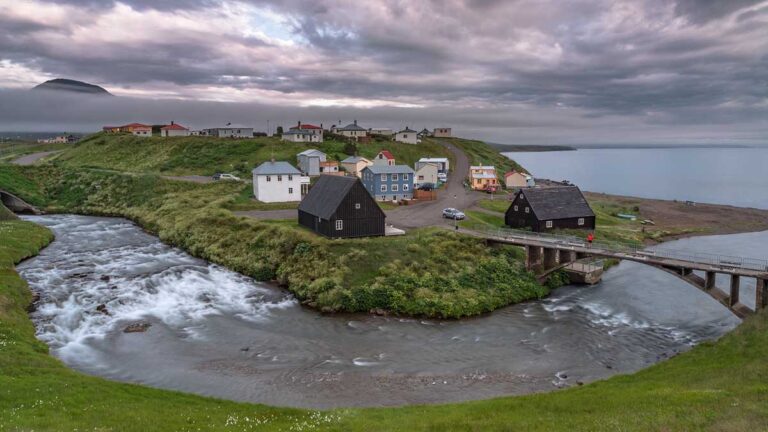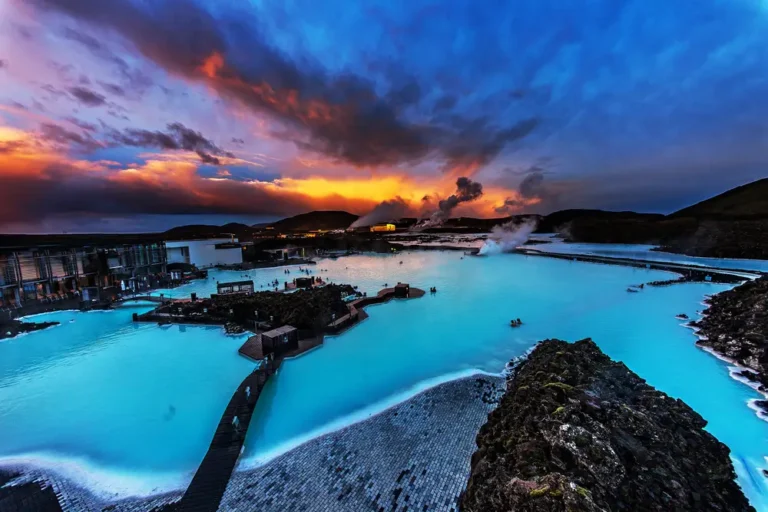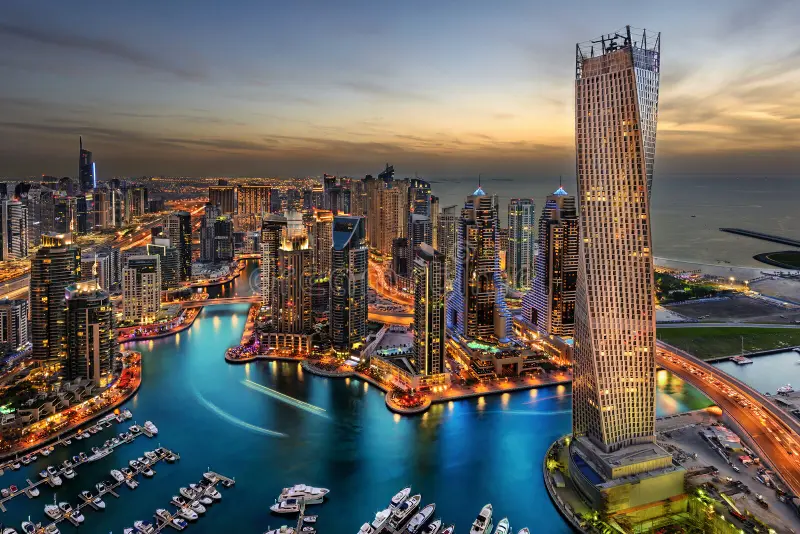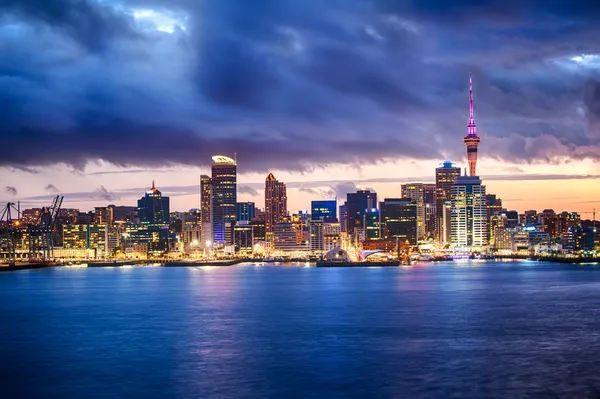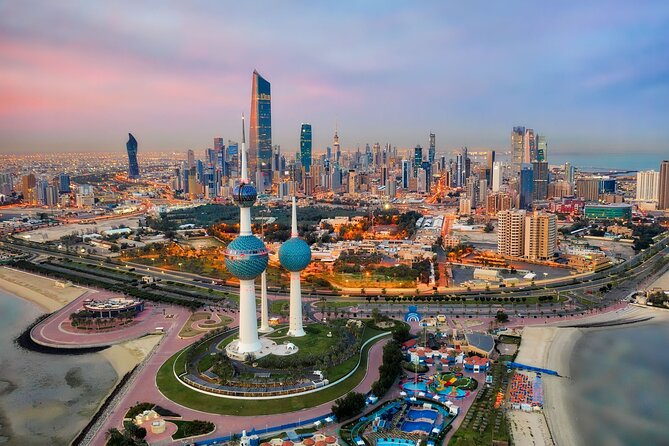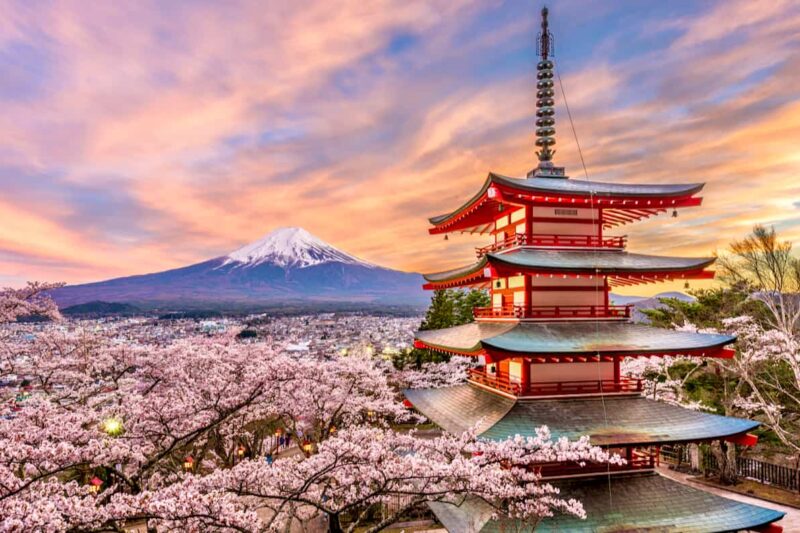ESCAPE COMPLETELY
Exceptional Reikjavik
- Information
- Tour Plan
- Location
- Gallery
- Additional Info
- Similar Tours
What's included
- Airport Assistance
- All Breakfast
- Professionally guided tour
- Visa arrangements
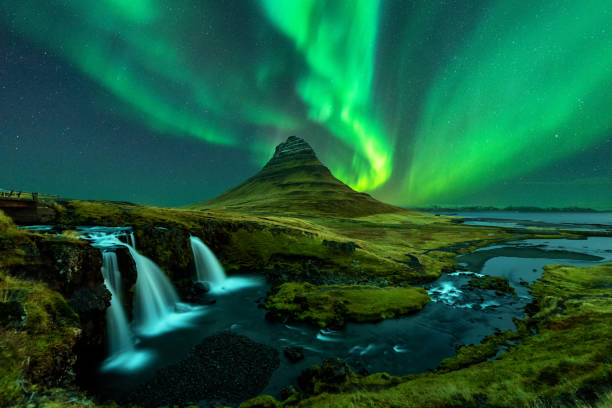
A land of otherworldly landscapes and shimmering northern lights, Iceland’s natural wonders are well established among adventure travelers, but there is more to Iceland than what nature has bequeathed. The country’s ancient heritage and quirky folklore blend with a modern culture of food, craft beer, and a love and respect for the outdoors.
Let’s dive into the culture and traditions of Iceland so you have a bit more knowledge of this magical country before you visit.
What is Iceland known for?
Iceland is known as “The Land of Fire and Ice” because of its opposing geological features. The fire refers to the multitude of volcanic activities, and the ice obviously refers to the country’s many glaciers, which cover approximately 10% of the island.
Probably the most well-known appeal of visiting Iceland is to catch a glimpse of the aurora borealis, or northern lights. Aside from this awe-inspiring event, Iceland is known for its beautiful waterfalls, diverse bird and marine life, as well as a vibrant music and arts scene.
Is it always cold in Iceland?
Iceland is not as cold as you might think during the summer months. The average temperature in July is between 10 and 13 degrees Celsius; however, warm days can reach up to 25 degrees (which can be warmer than a summer day in the UK). In winter, the country is not as cold as its Nordic counterparts like Sweden and Norway, benefiting from the warmer air of the Gulf Stream. However, Iceland’s weather is notoriously changeable, and wind chill should not be underestimated. It can get extremely cold at certain times of the year, particularly in the winter, when it can go down as far as -5 degrees.
What is the culture of Iceland?
Iceland is a Nordic country, which means it has strong ties to the ancient Vikings. Icelanders are proud of this heritage and the many customs that come along with it, particularly in terms of the language, which still has close ties to the Old Norse language that would have been spoken by early Viking settlers.
Aside from their Viking roots, Icelanders have a strong culture of food, literature, and the arts. The capital of Reykjavik has galleries, bookstores, theaters, and a symphony orchestra. In fact, Icelandic music has become its own genre, combining pop and folk. Taking in a local gig is a wonderful way to embrace the culture and atmosphere of this unique place.

What are some traditions in Iceland?
There are a number of special days in Iceland that celebrate a range of occasions. Bóndadagur and Konudagur are Husband’s Day and Wife’s Day, respectively, which is a day to celebrate your spouse with a gift and a meal. Thorrablót is another special day that celebrates the ancient month of Thorri (mid-January to mid-February on a modern calendar), where Icelanders will usually attend at least one feast full of delicious foods, including smoked lamb. They will also sing, play games, and tell stories.
An interesting thing about Icelanders, which speaks to their history of magic and mystery, is their relatively widely held belief in elves. 7%–8% are certain they exist, and 45% believe that it is likely or possible that elves still roam the land. Elves, trolls, and other mythical creatures are signifiers of Iceland’s love of folklore, which remains strong to this day.
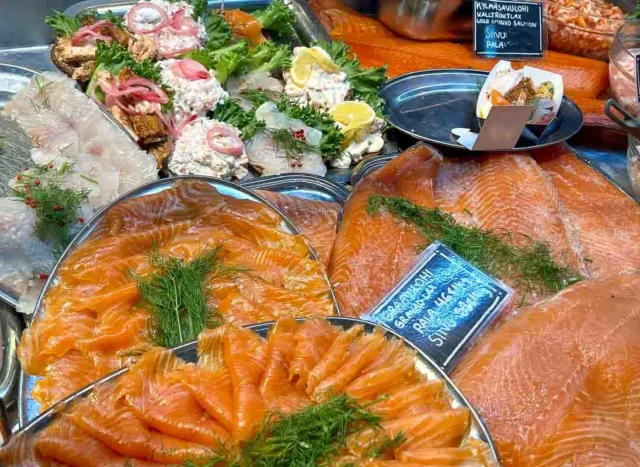
What do people in Iceland eat?
There is a strong food culture in Iceland, although some of the more traditional dishes have an acquired taste. The mainstays of Icelandic cuisine are fresh, locally sourced lamb and fish dishes. Many restaurants specialize in seafood due to Iceland being surrounded by an ocean abundant with all manner of fish and shellfish.
Traditional dishes such as Hákarl, fermented shark meat, are no longer in the mainstream and are typically reserved for festivals such as Thorrablot (Þorrablót), the midwinter festival, when it is sampled with Iceland’s infamous schnapps, Brennivin.
Orramatur is another traditional dish; it is a platter of cured meat and fish that was invented in 1958 in a Reykjavik restaurant. Modern Icelanders probably would not order it, however, as it has come to represent the stranger side of Iceland’s old-style foods.
- Exceptional Reikjavik Tour Plan
More about Iceland
More about this tour
Reykjavik, on the coast of Iceland, is the country's capital and largest city. It's home to the National and Saga museums, tracing Iceland’s Viking history. The striking concrete Hallgrimskirkja church and rotating Perlan glass dome offer sweeping views of the sea and nearby hills. Exemplifying the island’s volcanic activity is the geothermal Blue Lagoon spa, near the village of Grindavik.

